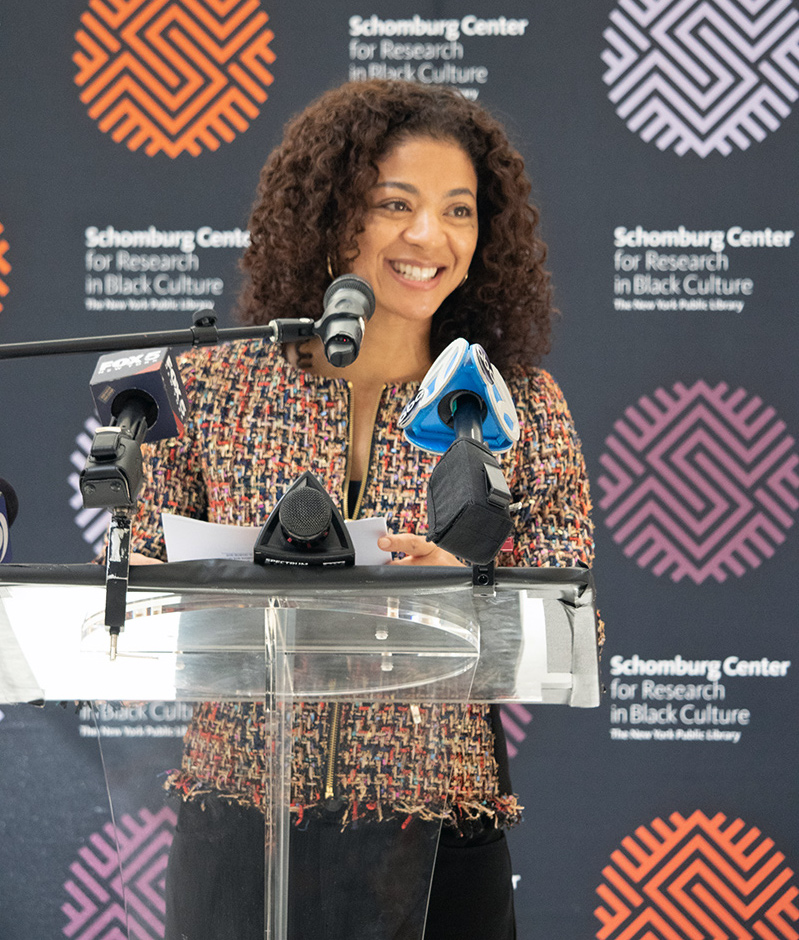MIT Professor Christopher Capozzola has joined MIT Open Learning as senior associate dean, effective Aug. 1. Reporting to interim Vice President for Open Learning Eric Grimson, Capozzola will oversee open education offerings including OpenCourseWare, MITx, and MicroMasters, as well as the Digital Learning Lab, Digital Learning in Residential Education, and MIT Video Productions.
Capozzola has a long history of participation in the MIT Open Learning mission. A member of the MITx Faculty Advisory Committee, Capozzola also has five courses published on OpenCourseWare (OCW), and one course, Visualizing Imperialism in the Philippines, published on both MITx and the Open Learning Library.
“Chris has proven his commitment to the mission of Open Learning through his contributions both to external learners and to MIT students, as well as through his own research and professional projects. He’s also demonstrated his ability to engage collaboratively with the MIT faculty and broader community on issues related to effective delivery of educational experiences,” says Grimson. “MIT’s open online education offerings are more relevant than they’ve ever been, reaching many millions of people around the world. Chris will provide the essential faculty attention and dedicated support needed to help Open Learning continue to reflect the full spectrum of MIT’s knowledge and teaching to the world.”
Capozzola comes to MIT Open Learning from the History Section in the School of Humanities, Arts and Social Sciences (SHASS), where he has taught since 2002. He’s the author of two books and numerous articles exploring citizenship, war, and the military in modern American history. He has served as department head since 2020 and is a MacVicar Faculty Fellow, MIT’s highest honor for undergraduate teaching. He also served as MIT’s secretary of the faculty from 2015 to 2017.
In addition to his teaching and faculty governance roles, Capozzola is an active proponent of public history. He served as a co-curator of “The Volunteers: Americans Join World War I, 1914-1919,” a multi-platform public history initiative marking the centennial of World War I. He currently serves as academic advisor for the online educational project Filipino Veterans Recognition and Education Project.
His interest in public-facing education projects has grown, he says, “because the best parts of my job involve sharing history with excited and curious audiences. It’s very clear that those audiences are enormous and global, and that learners bring their own backgrounds, questions, and interests to the kind of history we produce at MIT.”
This enthusiasm extends to MIT Open Learning as well: Capozzola is eager to work with MIT faculty to leverage digital learning to be more nimble in their teaching, and supporting learners in moving smoothly through MIT’s digital resources.
“What has drawn me to Open Learning from the beginning is my own curiosity about how we can teach better and differently, as well as the creativity of the people who are involved. Everything that I’ve worked on with Open Learning has been very collaborative,” says Capozzola. “People bring all different kinds of expertise: about technology, about the science of learning, about students at MIT and learners beyond. Only by getting everybody together and collaborating can we produce these amazing resources.”
In his new role as senior associate dean, he’s looking forward to collaborating with faculty and instructors across all of the Institute’s schools and departments, helping them to work with MIT Open Learning through every possible avenue and lowering barriers to participation.
“Open Learning is a critical component of the overall MIT mission. We need to share MIT’s knowledge with the nation and the world in the 21st century. One way to think about that is, if we’re doing something at MIT that we think advances the mission but it’s not on Open Learning, then we’re not advancing MIT’s mission,” he says. This includes offering courses through MITx and OCW, as well as working with the Residential Education team and the Digital Learning Lab to incorporate learning design and digital technologies into the classroom to improve teaching and learning at MIT.
“When it comes to technology in the classroom, I have a skeptical enthusiasm and an enthusiastic skepticism. I want to think about what it means to teach and learn at a residential university in the 2020s. We have all learned a lot of lessons about that during the pandemic, and now is a great moment to convene conversations within Open Learning, at MIT, and beyond. It’s time for thoughtful reflection about what we do and how we can engage the most people with as much of an MIT education as we can,” Capozzola says.
Another exciting opportunity Capozzola sees is guiding MIT Open Learning toward reflecting the Institute’s values and priorities as well as its knowledge. Working closely with dean for digital learning Cynthia Breazeal, who oversees MIT Open Learning’s professional and corporate education offerings and research and engagement units, Capozzola envisions developing new content and strategies that accelerate MIT’s efforts in diversity, equity, and inclusion; climate and sustainability; and more.
“I really want Open Learning to reflect MIT. By which I mean, everyone at MIT should see themselves, their disciplines, and their high standards for teaching, learning, research represented in Open Learning,” Capozzola says. “The staff and leadership of Open Learning have worked hard over the last 10 years to do that. I’m looking forward to thinking with Open Learning and in dialog with MIT about our priorities, our values, and our next steps.”



